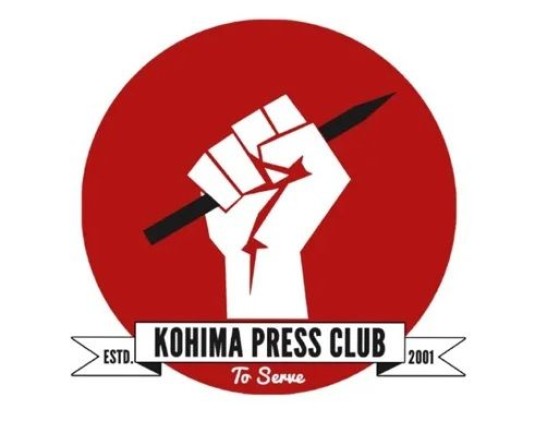
Rev. Dr. L. Tsanso
International Women’s Day has been observed since in the early 1900’s, a time of great expansion and turbulence in the industrialized world that saw booming population growth and the rise of radical ideologies.
The advanced countries have been honouring the women by observing IWD from long past. And it is encouraging to know that in just recent past from 2000 IWD is now an official holiday in Armenia, Russia, Azerbaijan, Belarus, Bulgaria, Kazakhstan, Kyrgyzstan, Macedonia, Moldova, Mongolia, Tajikistan, Ukraine, Uzbekistan and Vietnam. The tradition sees men honoring their mothers, wives, girlfriends, colleagues, etc with flowers and small gifts. In some countries IWD has the equivalent status of Mother’s Day where children give small presents to their mothers and grandmothers.
The new millennium has witnessed a significant change and attitudinal shift in both women’s and society’s thoughts about women’s equality and emancipation. Many from a younger generation feel that ‘many battles have been won for women’ while many feminists from the 1970’s know only too well the longevity and ingrained complexity of patriarchy. With more women in the boardroom, organizations, greater equality in legislative rights and an increased critical mass of women’s visibility as impressive role models in every aspect of life, one could think that women have gained true equality. The unfortunate fact is that women are still not paid equally to that of their male counterparts (specially in rural/Naga villages), women still are not present in equal numbers in business or politics (Nagaland in its history of 40 + years have not seen their fairer sex on the chair!), and globally women’s education, health and the violence against them is worse than that of men.
However, great improvements have been made. We do have female astronauts and prime ministers, school girls are welcomed into university, women can work and have a family, women have real choices. And so the tone and nature of International Women’s Day has, for the past few years, moved from being a reminder about the negatives to a celebration of the positives.
Annually on 8 March, thousands of events are held throughout the world to inspire women and celebrate their achievements. To cite few examples last year 2006 the Arab women at Amnesty International IWD Rally was held at its peak and made the Muslim world stopped their breath. In Taipei, Asia silent protest was launched on IWD to claim their rights. There was Women’s IWD Rally held in Iran for the first time. There were women in IWD rally from factories and groups in Dhaka, Bangladesh. There were thousands of Women who took bold march on IWD in Istanbul in Turkey. Another 1,000 Iranian women march in Tehran on IWD. Many young girls in Bangladesh celebrated at IWD. Women in China came together to review the progress and discuss initiatives on IWD. Afghan girls celebrate IWD at an event organised by USAID. Women in South Africa launch an education bus tour for women on IWD. Peking Opera artists celebrate IWD in Beijing, China. The Assembly of Manitoba Chiefs in Canada called for action on IWD. Thousands of Women gather for IWD conference in Tolagnaro, Madagascar. Women call for equality march in Salvador, Brazil. Global activity continues everywhere on IWD.
Many global corporations have also started to more actively support IWD by running their own internal events and through supporting external ones. For example, on 8 March search engine and media giant Google even changes its logo on its global search pages. Corporations like HSBC host the UK’s largest and longest running IWD event delivered by women’s company Aurora. Last year Nortel sponsored IWD activities in over 20 countries and thousands of women participated. Nortel continues to connect its global workforce though a coordinated program of high-level IWD activity, as does Accenture both virtually and offline. Accenture supports more than 2,000 of its employees to participate in its International Women’s Day activities that include leadership development sessions, career workshops and corporate citizenship events held across six continents – in eight cities in the United States and in Argentina, Australia, Brazil, Canada, Germany, India, Ireland, Italy, Japan, Spain, South Africa and the UK. Accenture also coordinated am IWD webcast featuring stories about Accenture women worldwide that ran uninterrupted for 30 hours across 11 time zones via Accenture’s intranet. Year on year IWD is certainly increasing in status. The United States even designates the whole month of March as ‘Women’s History Month’. Nagas with its unique culture can think of creating something more interesting indigenously to honour our women.




